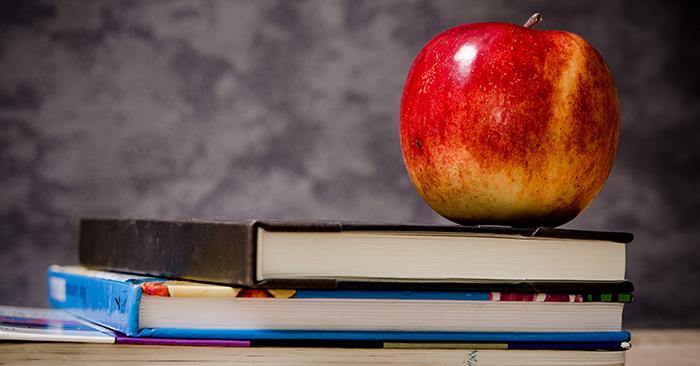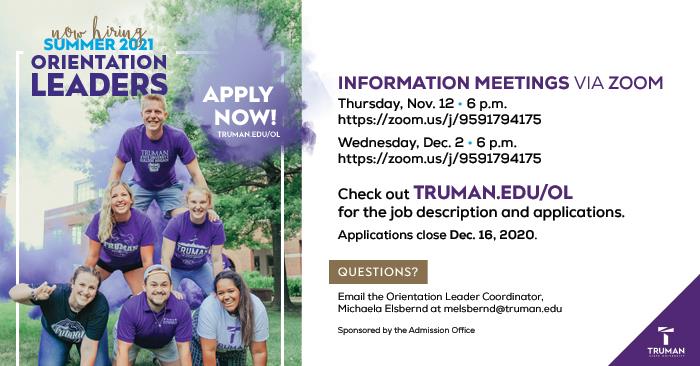Vol. 25 No. 15 - November 23, 2020
Features
Truman Completes Fall Semester Without Disruption
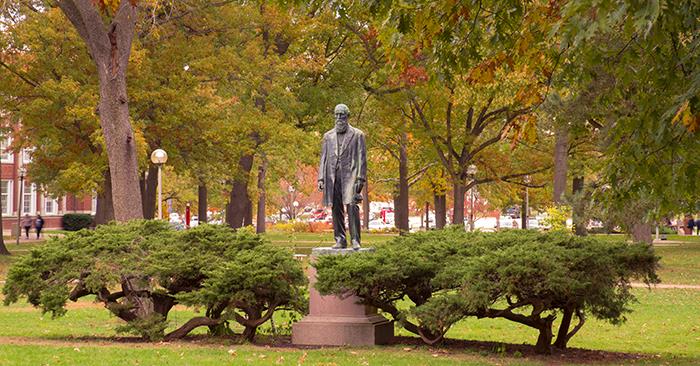
Although this academic year is anything but normal due to COVID-19, Truman will reach a milestone when in-person classes conclude Nov. 24.
Across the country, many institutions were forced to deviate from original plans. In some instances, classes were paused in the midst of outbreaks, while other schools reverted to online-only options for extended periods of times. According to data from the New York Times interactive tracking website, there have been more than 321,000 cases of COVID-19 among more than 1,700 colleges and universities in the United States. In Missouri alone, 37 schools self-reported more than 10,500 combined cases.
Truman came into the semester with contingency plans should a pivot to an online-only format be needed, but the circumstances on campus never necessitated such a shift during the fall. That decision would have been based largely on the University’s ability to manage quarantined and isolated students, as well as the capacity at Northeast Regional Medical Center, and at no point in the semester was either measure exceeded.
The first reported case associated with Truman came in July. As of Nov. 17, a total of 248 cases have been attributed to the University. The high-water mark for weekly active cases at Truman came that week when a total of 31 cases were reported. The University never exceeded 25 active student cases or six active employee cases in any one week.
“Over the course of the semester, we have remained committed to moving forward and stepping up to meet every challenge. Through creativity, collaboration and a focus on community, being together on campus has given us a cherished opportunity to create impactful and transformative experiences that are hallmarks of a Truman education,” said University President Sue Thomas. “To ensure a healthy and thriving spring semester, we need to maintain our vigilance over break and well into next year. As much as we wish the pandemic would be over, it is not, and we need to draw on our ability to rise to the occasion so we can successfully finish the academic year on our own terms.”
Beginning in the summer, the University started preparing for protocols that would accommodate an in-person experience in the fall, while also limiting exposure to and spread of COVID-19 on campus. Classrooms were all socially distanced, plexiglass barriers were installed in areas where face-to-face interactions take place, signs promoting safe practices were posted throughout buildings, and floors were marked with stickers establishing six-foot distances as well as the proper flow of foot traffic in normally congested areas. The University also implemented a campus-wide mask policy which has been in place since July.
Because so many students and employees have been thoughtful in regard to following the established guidelines, these protocols have proven to be largely effective. Most Truman-related cases stem from household contacts or off-campus gatherings.
The Student Health Center is a primary resource for assisting students during the pandemic, and operations were revised to address COVID-related cases as efficiently as possible. Morning hours were reserved for traditional non-infectious treatments, while afternoons were dedicated to COVID-19 cases. A tent was set up so potential COVID-infected students were not brought into the clinic with other students.
“These students were first evaluated by a Zoom call with a nurse practitioner and then advised as to which type of COVID test to have done, or other treatment or testing as appropriate,” said Brenda Higgins, associate vice president for student health and wellness. “Students undergoing COVID testing were tested via nasal swab by a registered nurse or nurse practitioner in a tent located just outside the health center.”
The Student Health Center tested more than 600 students during the semester. Testing was also available in Kirksville through local health care providers, including Complete Family Medicine, the Adair County Ambulance District and Hy-Vee Pharmacy. There were other opportunities to get tested at clinics conducted by the Department of Health and Senior Services with the assistance of the Missouri National Guard.
Contact tracing has also played a large part in limiting the spread of COVID-19 on campus. Truman’s program is overseen by Nancy Daley-Moore, assistant professor of health science, with the help of a full-time student worker and 20 health science students. All of the students took an online certification course, either through Johns Hopkins or the Association of State and Territorial Health Officials, and each student has spent a minimum of five to 10 hours investigating cases, tracing contacts and following up with individuals in quarantine via email or phone. More than 850 individuals were contacted during the fall semester.
Special attention has been paid to student-athletes who, due to the natures of their sports and the element of intercollegiate competition, could be susceptible to contracting and spreading the virus. Competition and practices were halted in the spring semester and for much of the summer. The Athletic Department worked with the Adair County Health Department, the Great Lakes Valley Conference and the NCAA to develop strategies to decrease the chances an athlete could become infected. Activities were phased in under the new guidelines.
“We started gradually in the summer with the weight room, then added conditioning sessions and finally practices,” said Michelle Boyd, head athletic trainer. “Prior to every practice, each athlete and coach are screened for symptoms and fever. Athletes with symptoms are immediately referred to the Student Health Center.”
The NCAA divided sports into three risk-level categories, with different strategies to match their categorization, and schedules were rearranged to limit travel. The golf, tennis and cross-country teams were able to practice and compete in an abbreviated fall season. Swimming has begun competing, and basketball will officially start the season Nov. 27. Football, soccer and volleyball were moved to the spring semester.
Every athlete is tested for COVID-19 prior to their first day of practice. Those from medium- to high-risk sports are tested intermittently to identify any positive cases that might develop. The Adair County Ambulance District and Kirksville Hy-Vee provided support for the athletic testing program, allowing the department to perform more than 600 tests.
The pandemic has affected every aspect of University operation. Residence Life was one of the first departments to be impacted. In the spring, staff members where tasked with moving nearly 1,800 students out of the residence halls with no advanced notice and while still learning about how the virus may be transmitted.
“This was a large undertaking because it had never been done before by any Residence Life or Student Affairs professional,” said Jamie Van Boxel, director of Residence Life. “We learned that to pull off mass move-out or move-in strategies that we need to utilize technology systems whereby students and their parents can select windows of time. Ultimately, planning ahead was the saving grace that ensured a very successful, safe and smooth check-in process in the fall.”
Residence Life staff, in partnership with the move-in committee, redesigned the move-in procedures to reduce the number of students and their family members arriving at any one time. Check-in was extended to occur throughout the entire day, and it was altered from in-person inside the residence halls to car-side in the parking lots and along roadways.
In addition to developing a plan to mitigate the risks posed by a massive event like move-in day, Residence Life had to come up with procedures for an on-campus population to live and thrive in close quarters during a pandemic. Staff members worked in partnership with the Student Health Center and the Adair County Health Department to design protocols for students who contract COVID-19 and for those who are exposed. Spaces on campus were set aside specifically for students to quarantine or isolate. Steps were put in place to relocate and feed students affected by the virus, as well as for the housekeeping team to clean and sanitize after those students were reintegrated to campus.
Since March, Truman has expanded efforts to be considerate of how students’ academics may be affected by the pandemic. In the spring, deadlines were extended to drop classes or convert a course to pass/fail grading. Inclusion on the President’s and Vice President for Academic Affairs’ lists was based on recorded grades prior to any conversions, and a grade of P (pass) was considered sufficient for degree progress and to fulfill prerequisites.
“We understand it can be difficult for students to balance academics with everything else during the pandemic. To make it easier, Truman emphasized flexibility and grace in the context of our routine,” said Janet Gooch, executive vice president for academic affairs and provost. “Learning continued uninterrupted, perhaps through different modes of delivery and in different places, but it continued nonetheless. Students, faculty and staff worked collaboratively and cooperatively to deliver the quality education and high-impact experiences that are the hallmark of Truman, in spite of the pandemic.”
For the 2020-21 academic year, Truman remains committed to an accommodating approach. Many courses are offered in a hybrid format to limit face-to-face interactions, as well as online-only options for those who do not feel comfortable with in-person classes. Academic support services, including the Writing Center, the Center for Academic Excellence and tutoring services, still found ways to meet students’ needs. The attendance policy was revised so students would not be penalized if they needed to quarantine or stay home because they experienced symptoms. Faculty members were encouraged to work with students affected by quarantine or isolation and allow for extra time in completing assignments. All of these adjustments will carry over into the spring semester.
Repercussions from the pandemic can also be seen in University recruitment efforts. With many high schools in the state still disrupted, the Admissions Office has made multiple adjustments as traditional timelines have proven to be irrelevant in terms of gauging the effectiveness of the current recruitment cycle.
“We are seeing applications come in later than usual, likely because students could not visit colleges all spring and summer, and applying for college has not been a priority with students having to adapt to their senior year of high school,” said Shari Fieser, assistant director of admission – campus events and visits.
To accommodate prospective students, the University has tried to identify the information they need at the right time in this delayed cycle and reach them in a variety of ways. The Admissions Office has utilized a video conferencing platform to create virtual showcases events and has participated in virtual high school visits and college fairs. The admission’s website now features a live chat so students can get quick answers to questions all throughout the day. Also, with ACT and SAT testing disrupted this year, the University has added a test-flexible policy so students can apply without a standardized test score.
In-person campus visits have resumed, with all visitors required to wear a facial covering and complete a self-symptom check prior to arrival, and all guests are asked to fill out a contact tracing form. The facilities in the visitors’ center have been socially distanced and adjusted for capacity, and all spaces are sanitized after each visit.
“Truman has always valued the individual experience, so offerings, though more limited in volume, have not been vastly different in experience,” Fieser said. “Visitors have still been able to meet one on one with our admissions counselors and receive their own tour guide to make sure they are able to see the parts of campus most important to them.”
While the fall semester was completed without disruption, it is important for all students and employees to understand the pandemic is not over yet. Truman-related cases remained flat for most of the semester, but cases in Adair County surged in November.
“The fact that we were able to manage our case load and stay in person all semester is incredible,” Daley-Moore said. “Many in the Truman community worked to make healthy decisions. My concern, though, is people have started to become lax as the semester has progressed, and if we start next semester with a lax attitude we could be in trouble.”
During the summer, Residence Life developed an honor code all on-campus students are being asked to keep in mind during the break. It states: we are all in this together; what I do impacts you; what you do impacts me; what we do impacts all of us.
“It is everyone’s responsibility to take this pandemic with the utmost seriousness,” Van Boxel said. “Wearing a mask, limiting in-door social gatherings and keeping family units small are all necessary steps to ensure that our campus community can return for a successful spring semester.”
Truman has encouraged students to self-quarantine prior to leaving for winter break and returning in January. Students are also advised to avoid large gatherings during break in an effort to limit possible exposure to the virus, and masks should be worn in public and when social distancing is not possible.
“COVID-19 is not going away, but we can lessen its impact by being mindful of our behaviors,” Daley-Moore said.
Truman posts all information and communications relative to COVID-19 online at truman.edu/coronavirus. Visitors to the site can find helpful links for academics, health and wellness and frequently asked questions. All major announcements since January 2020 have been archived on the page, and any future updates related to the virus will be posted there as well.Class Works to Combat Light Pollution

Students in the TRU 100: ILLUMINATE group have been studying light pollution and its effects in the surrounding community.
Along with being better able to see the night sky, reducing light pollution has some major benefits. Light pollution disrupts ecological systems as well as sleep cycles in humans. Natural patterns of light determine wildlife behavior in a variety of ways, including predation, reproduction and fatigue, which are drastically altered when subjected to light pollution. Furthermore, light pollution comes at the price of unnecessary energy costs and carbon emissions, impacting both the consumer and the environment.
ILLUMINATE is taught by Vayujeet Gokhale, associate professor of physics and astronomy, who has been working to combat light pollution for years. He decided to teach this symposium course because he wanted the opportunity to be involved with the freshman students and thought this would be a great topic to teach about a variety of lessons, not just light pollution.
“The basic rationale for this freshman symposium is such a perfect fit to the topic of light pollution, that it made imminent sense,” Gokhale said. “Studying the topic of light pollution and doing something about it is a great way to learn about teamwork, civic engagement and problem solving. It is a relatively easy problem to grasp, and students develop – hopefully – an understanding that even though solutions may be simple in principle, they are sometimes hard to implement in practice.”
Throughout the semester, students have studied the causes of light pollution as well as its effects on people and animals. In addition to designing solutions to prevent light pollution, which in some cases can be as simple as installing lights to point down rather than up, the students have been documenting and posting about the issue on social media to raise awareness. Gokhale hopes some students will continue their work after they complete the course.
“A more ulterior motive is to recruit some of our freshman students into the light pollution research group so that they continue their work over their stay at Truman and help us reduce light pollution in and around Kirksville,” he said.
Under Gokhale’s direction, a group at Truman has been receiving grant money from the NASA-Missouri Space Grant Consortium for the past five years to conduct light pollution research. Part of their work has involved installing sky quality meters at various locations in and around Kirksville.
The Stargazers astronomy club, with assistance from the Environmental Sustainability Fee Committee and the Funds Allotment Council, has been doing its part to help. The club is working with Physical Plant and school administrators to change some of the outdoor fixtures where possible, and in retrofitting some of them with dark sky reflectors. They have also been replacing blue-white outdoor lights, which are more harmful to animal and plant life, with off-white and yellow lights.
One of the long-term goals of Gokhale’s, and something the students in ILLUMINATE have worked toward, is to make Kirksville a dark-sky community and follow International Dark-Sky Association guidelines. Making places such as Thousand Hills State Park a dark-sky area would not only make it possible to see more of the night sky, it could potentially attract more visitors to the community.
The ILLUMINATE group is documenting their efforts through social media. They can be found on Instagram at @darkskyTSU.Nursing Students Get Creative to Mark World AIDS Day
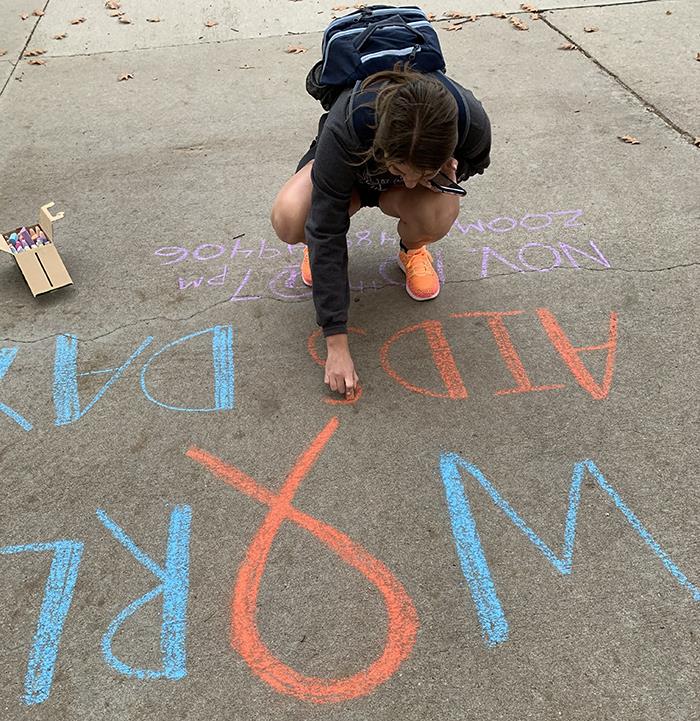
Truman nursing students in the Rural Public Health Nursing course recently completed their outreach project for fall semester. Under more normal circumstances, plans would have been made to conduct a candlelight observance of World AIDS Day, which falls on Dec. 1 every year. With current health protection recommendations in place discouraging gatherings, and the early end of the semester, students had to be creative. Plans were made for a virtual event marking this important issue. The students provided an educational program about HIV and AIDS at the Nov. 10 Nursing Student Council meeting. Students used a variety of media to publicize the event and invited anyone who wanted to attend. More than 100 people participated via Zoom.McNair Welcomes New Scholars
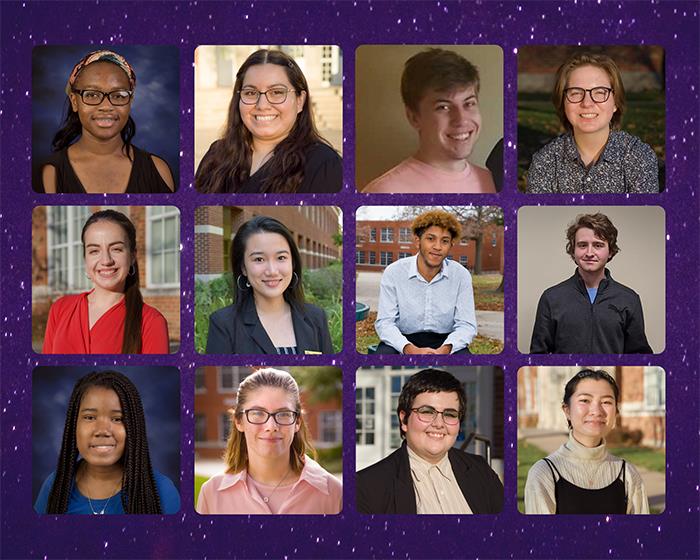
Twelve new scholars were officially inducted into the Truman McNair Program this month. The prestigious program is funded through the U.S. Department of Education with the goal of removing barriers to graduate degree attainment. The inductees (shown in alphabetical order in the photo, left to right, top to bottom) are: Manie Brema, biochemistry and molecular biology; Christina Carapia-Chaparro, biology; Ryan Freese, psychology; Del Hannay, biology; Albana Ismaili, biology and nursing; Victoria Lin, accounting and business administration; DeAndre Malone, agricultural science; Christian Marzo, accounting and political science; Kristine Maxwell, chemistry; Bianca Overbeck, music education; Quin Quintana, communication disorders; and Kim Ramos, creative writing and philosophy and religion.
Announcements
Make a Plan for Break and Returning to Campus Safely
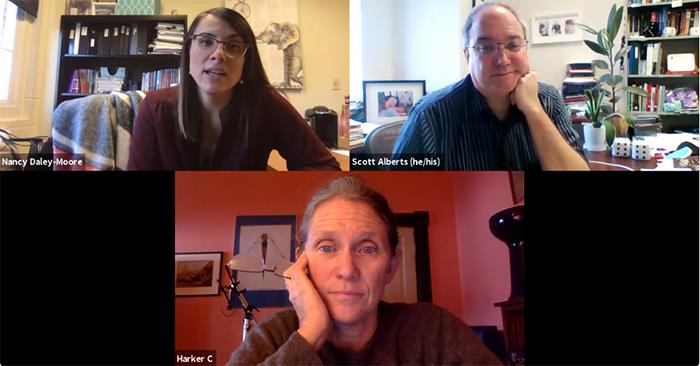
Faculty Senate COVID-19 Working Group committee members Scott Alberts and Nancy Daley-Moore and Christine Harker recently assessed the pandemic through the week of Nov. 17.
As cases have increased in the Midwest, the group reiterated the importance of having a plan during break. Masking and social distancing remain important tools for preventing spread, and large gatherings should be avoided even though break is traditionally a time for family and friends to get together.
“We wouldn’t have gotten through this semester if people weren’t smart about their behavioral decisions,” Daley-Moore said. “We need people to continue to make good decisions because it’s here next semester. It will be here.”Students and employees should review the University’s policies and protocols before returning to campus in January. In addition to wearing a mask and maintaining social distance, they should self-quarantine for 10-14 days before returning.A recording of the COVID-19 Working Group conversation can be found here.Service Hour Exceptions Possible
Students with fall 2020 Truman Service Scholarships who become sick or are required to quarantine should contact the Financial Aid Office at finaid@truman.edu if they are unable to complete all 58 service hours before they return home for the semester. The email should include an explanation of the student’s unique situation. Due to ever-changing conditions related to COVID-19, flexibility will be given to those with extenuating circumstances.Writing Center Open for Students

The Writing Center will be available through finals week, with the exception of Nov. 25-29. Whether students need general feedback or advice on the fine details, the Writing Center can help. It doesn’t matter if it’s an essay, research paper, personal statement, report, creative work or whatever. Set up a consultation through the online scheduler. The website and the scheduler detail the online consultation process. Questions can be directed to write@truman.edu.Summer Museum and Archives Internships Available
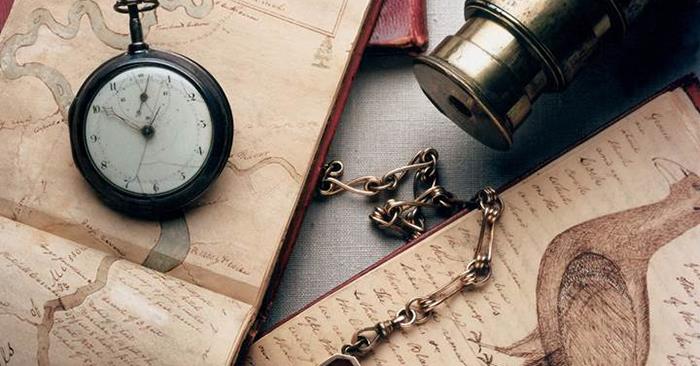
Applications are now being received for summer internships at the following locations in Missouri:
- Independence: Harry Truman Presidential Library (full-time, 9 credits)
- Kansas City: National World War I Museum (part-time, 3 credits)
- Kirksville: Judicial Archives Project (part-time, 3 credits)
- St. Joseph: St. Joseph Museums (part-time, 3 credits)
- St. Louis: Field House Museum (part-time, 3 credits), Missouri History Museum (part-time, 3 credits), Mercantile Library (part-time, 3 credits)
- Springfield: MSU Special Collections and Archive (part-time, 3 credits)
Review of applications will begin immediately and continue until all positions are filled.
To find out what the internships entail and how to apply, direct enquiries to: Jason McDonald, Baldwin Hall 226, 660.785.7575, jasonmcd@truman.edu.Apply for Women’s Leadership Conference and Organizational Activities Fee Review Committees
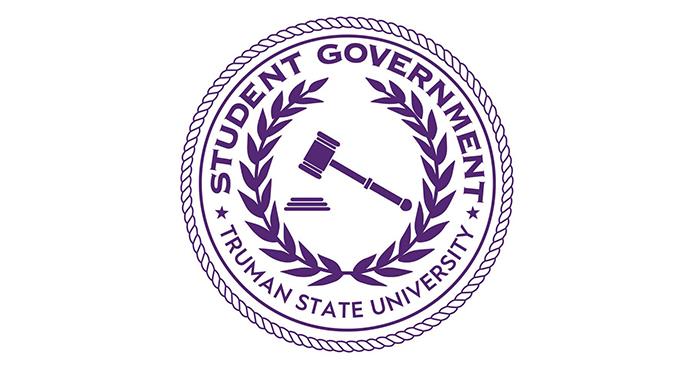 Student Government is accepting applications for the Women’s Leadership Conference and Organizational Activities Fee Review committees.
Student Government is accepting applications for the Women’s Leadership Conference and Organizational Activities Fee Review committees.
The fourth annual Women’s Leadership Conference coming this spring, and Student Government is seeking members for the planning committee. This is about one-hour-per-week time commitment and a great opportunity to plan an empowering and professional event for the whole campus.
The Organizational Activities Fee Review Committee will work to review and report on FAC, SAB, Student Government, the newspaper service, the Environmental Sustainability Fee and the Athletic Fee this coming semester. Experience in finance is preferred but not required.Basketball Alumni Offer $50K in Challenge
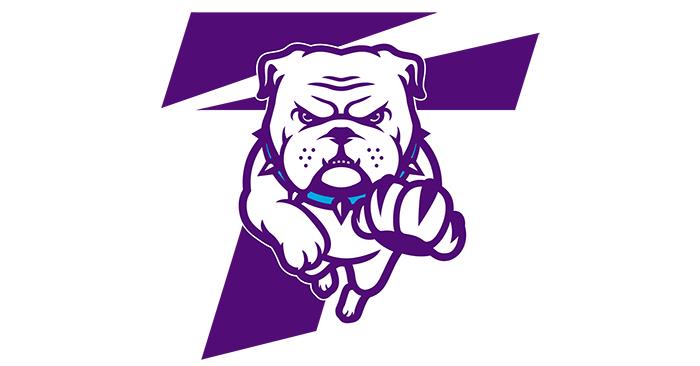
Members of 1978-79 men’s basketball conference championship and Hall of Fame team are providing $50,000 as a matching gift challenge to support the men’s basketball program. The matching gift challenge runs through Nov. 27 and is designed to help generate much needed support for operations, recruitment and scholarships for the program.
How the Match Works
One-Time Gifts
All one-time gifts to men’s basketball made by the end of the challenge will be matched one to one. For example, a gift of $500 would earn a match of $500, and the program gets $1,000 in total.
Young Alumni Bonus
As an added incentive for young alumni, all gifts made by Nov. 27 from basketball alumni who graduated in 2010 or after will be matched two to one. A gift of $100 would earn a match of $200, and the program would receive $300.
Recurring Gifts
To encourage sustained giving, all recurring gifts (e.g. monthly, quarterly, annually) set up by the deadline will be matched as outlined above and an additional $500 will be awarded from the match money. Matching funds will apply to the entire pledged amount for up to five years.
How to Give
One-time and recurring gifts can be made at truman.edu/support-mens-basketball.
Send a check payable to Truman State University Foundation (memo line: Men’s Basketball) to:
Truman State University
Advancement Office
100 E. Normal Ave.
Kirksville, MO 63501-4221
For pledges of $1,000 or more not set up through the recurring gift option above, contact Charles Hunsaker, executive director for university advancement, at hunsaker@truman.edu.Now Hiring Summer Orientation Leaders
Campus Hours of Operation for Nov. 30-Dec. 11
Academic Buildings
7 a.m.-6 p.m.
Pickler Memorial Library
Nov. 30-Dec. 3
8 a.m.-8 p.m.
Dec. 4
8 a.m.-5 p.m.
Dec. 5-6
Closed
Dec. 7-10
8 a.m.-8 p.m.
Dec. 11
8 a.m.-5 p.m.
Student Recreation Center
Nov. 30-Dec. 4
11 a.m.-2 p.m.
Dec. 5-6
Closed
Dec. 7-11
11 a.m.-2 p.m.
Student Union Building
Nov. 30-Dec 4
8 a.m.-5 p.m.
Dec. 5-6
Closed
Dec. 7-11
8 a.m.-5 p.m.
Dining Service Options
Nov. 29
Closed
Nov. 30-Dec. 4
Ryle Hall Only
Breakfast 8-9 a.m.
Lunch 12-1 p.m.
Dinner 5-6 p.m.
Dobson Convenience Store 10 a.m.-5 p.m.
Dec. 5-6
Ryle Hall Only
Breakfast 8-9 a.m.
Lunch 12-1 p.m.
Dinner 5-6 p.m.
Dobson Convenience Store 10 a.m.-5 p.m.
Dec. 7-11
Ryle Hall Only
Breakfast 8-9 a.m.
Lunch 12-1 p.m.
Dinner 5-6 p.m.
Dobson Convenience Store 10 a.m.-5 p.m.
Saturday, Dec 12
Ryle Hall Only
Breakfast 8-9 a.m.
Lunch 12-1 p.m.
Dinner Closed
Dobson Convenience Store 10 a.m.-5 p.m.Gaming Tournament Set for Winter Break

The Show-Me Gaming Series will take place Nov. 30-Dec. 30 and is open to any student at a college or university in Missouri registered on IMLeagues with their school email.
Games include:- FIFA 21
- League of Legends
- Madden 21
- MLB the Show 20
- NBA 2K21
- NHL 21
- Rainbow Six Siege
- Rocket League
National Research Conference Accepting Abstracts
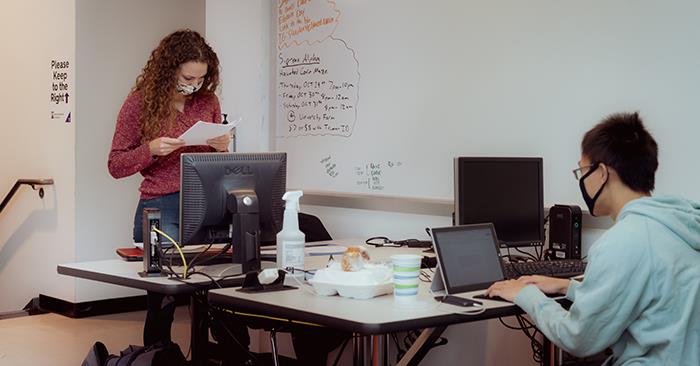
While many conferences have been canceled due to COVID-19, the 2021 National Conference on Undergraduate Research (NCUR) will take place virtually, April 12-14. Students from all fields are welcome to submit an abstract for this conference. Abstract guidelines can be viewed here. While submitting an abstract, enter the Office of Student Research information into the field of the undergraduate research coordinator. Students can apply for the Conference Travel Scholarship to cover conference registration costs; however, an abstract accepted to NCUR does not guarantee a Conference Travel Scholarship. Anyone interested in submitting an abstract should use the NCUR portal by Dec. 1.Scholastic Competition Offers More than $10,000 in Prizes

Junior and senior students could win up to $250 from Truman, and $10,000 nationally, through the Robert L. Gould Scholastic Award competition.
SS&C, a financial technology company, sponsors the annual Robert L. Gould Scholastic Award to recognize outstanding university students who produce academic papers on topics related to investment management strategies, theories and trends. The prompt for this year’s award is:
The human response to the COVID-19 global pandemic has been extraordinary in as much as it has required from our society and what it has revealed of us as people. This response has accelerated the acceptance of digital engagement. How do you see financial services companies engaging with their clients in the short-term post-COVID world and going forward over the next five years? Specifically: how do you see financial service companies using digital capabilities to engage and connect with their customers; and what implications and changes in engagement models or emerging digital capabilities of today will be assumed as standard across financial services in 2025?
In addition to the national award, the University will offer cash prizes to the top three papers from Truman students. Locally, first place will earn $250, second place will receive $150 and third place will get $100. All three will be submitted to the SS&C for the national competition.
Paper submissions should be directed to Chuck Boughton, instructor in business administration, at boughton@truman.edu by Jan. 17. Submissions should be in Word format only. Local awards will be announced after the Jan. 31 submission to the Gould judges.
Questions about the competition can be directed to Boughton.Jeopardy Seeks College Students
Jeopardy is currently casting for its National College Championship, an all-new competition featuring colleges from across the country. Undergraduate students are invited to take the test, which should last approximately 15 minutes, by Nov. 30.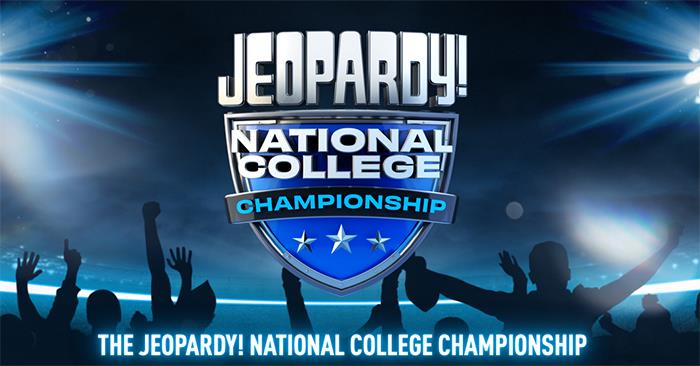
File FAFSA Now
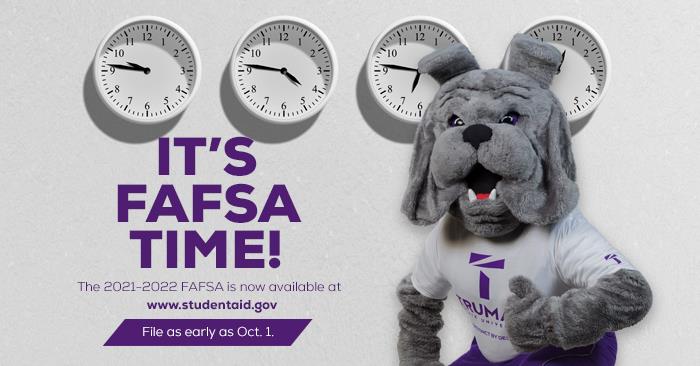
The Free Application for Federal Student Aid (FAFSA) can be filed now for the 2021-2022 school year at studentaid.gov.
Even though a student may not qualify for grants or work study, all students are considered for the Federal Direct Loan (no co-signer required). Filing the FAFSA does not commit you to taking a loan, but it does allow you more options.
The 2021-2022 FAFSA requires students to report income and tax information from an earlier tax year. For the 2021-2022 FAFSA students will use their 2019 tax information.
It is strongly recommended to apply or renew before Feb. 1, 2021.Summer Jobs Available Through Truman Academies
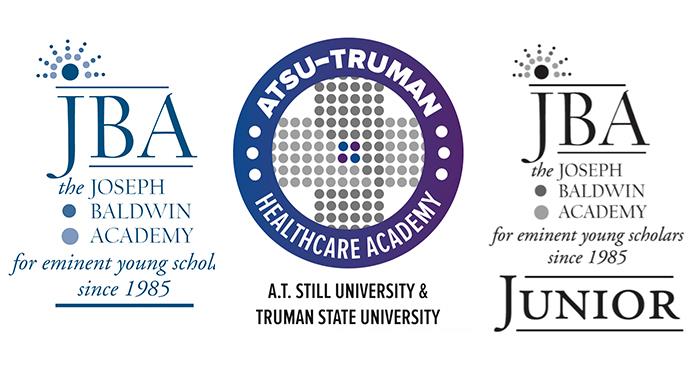
Students can apply now for positions with Truman summer academies.
The Institute for Academic Outreach has summer positions available for Joseph Baldwin Academy, JBA Junior and ATSU-Truman Healthcare Academy. Each academy is in search of preceptors and night monitors.
In order to be a preceptor, applicants must currently be a full-time student at Truman and have a minimum cumulative GPA of 3.0 at the time of application. Preceptors are expected to be supportive of the University goals, responsible, enjoy working with high-ability teenage students and be high-energy individuals.
Applicants should prepare a letter of interest which should include: the skills they possess that will assist them when working with high-ability teenage students; related work experiences; and why they are interested in the summer academy for which they apply. Applicants will also need to complete the online application and provide a current resume.
Applications are due Feb. 5. Information about each available position and the online application can be accessed at tiacademies.truman.edu/employment.DPS Hours for Winter Break
Nov. 24
7:30 a.m.-5 p.m.
Nov. 25-29
University Closed
Nov. 30-Dec. 4
8 a.m.-5 p.m.
Dec. 5-6
Closed
Dec, 7-11
8 a.m.-5 p.m.
Dec. 12-13
Closed
Dec. 14-18
8 a.m.-5 p.m.
Dec. 19-27
University Closed
Dec. 28-30
8 a.m.-5 p.m.
Dec. 31-Jan. 3
University Closed
Jan. 4-8
8 a.m.-5 p.m.
Jan. 9-10
Closed
Jan. 11
Classes Resume
In case of an emergency, call 9-1-1. To have an officer dispatched to for a non-emergency, call 660.665.5621.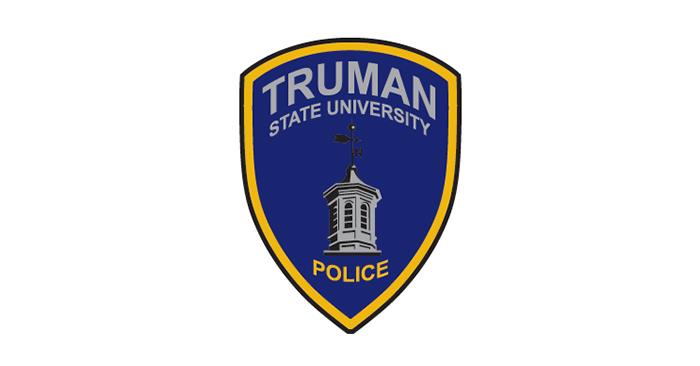
Next Issue
The Truman Today will return in January.
Notables
Notables
Student Eric Ngo and Michael Rudy, associate professor of political science and international relations, presented co-authored research at the International Studies Association-Midwest conference, Nov. 21. Their paper, “Leading the way: Leadership experience and International Crises,” explores how a leader’s past military experiences shape their use of force behavior. Employing the LEAD data on military experiences, Ngo and Rudy review how various experiences including military service, education, combat and rebel involvement shape a leader’s decision-making.Alumni Fredericka Fleschner, Jennifer Balog, Lindsay Corsale and Ann Roth were among 100 St. Louis-area educators to receive Emerson’s Excellence in Teaching awards. The awards pay tribute to area educators – from kindergarten teachers to college professors – for their achievements and dedication to the field of education. The awards program is sponsored annually by St. Louis-based Emerson, a diversified global manufacturer and technology leader. This year, in lieu of an in-person awards ceremony, Emerson recognized winners with custom gift boxes, which included an engraved crystal apple keepsake from Tiffany and Co., a certificate of achievement and other celebratory items.